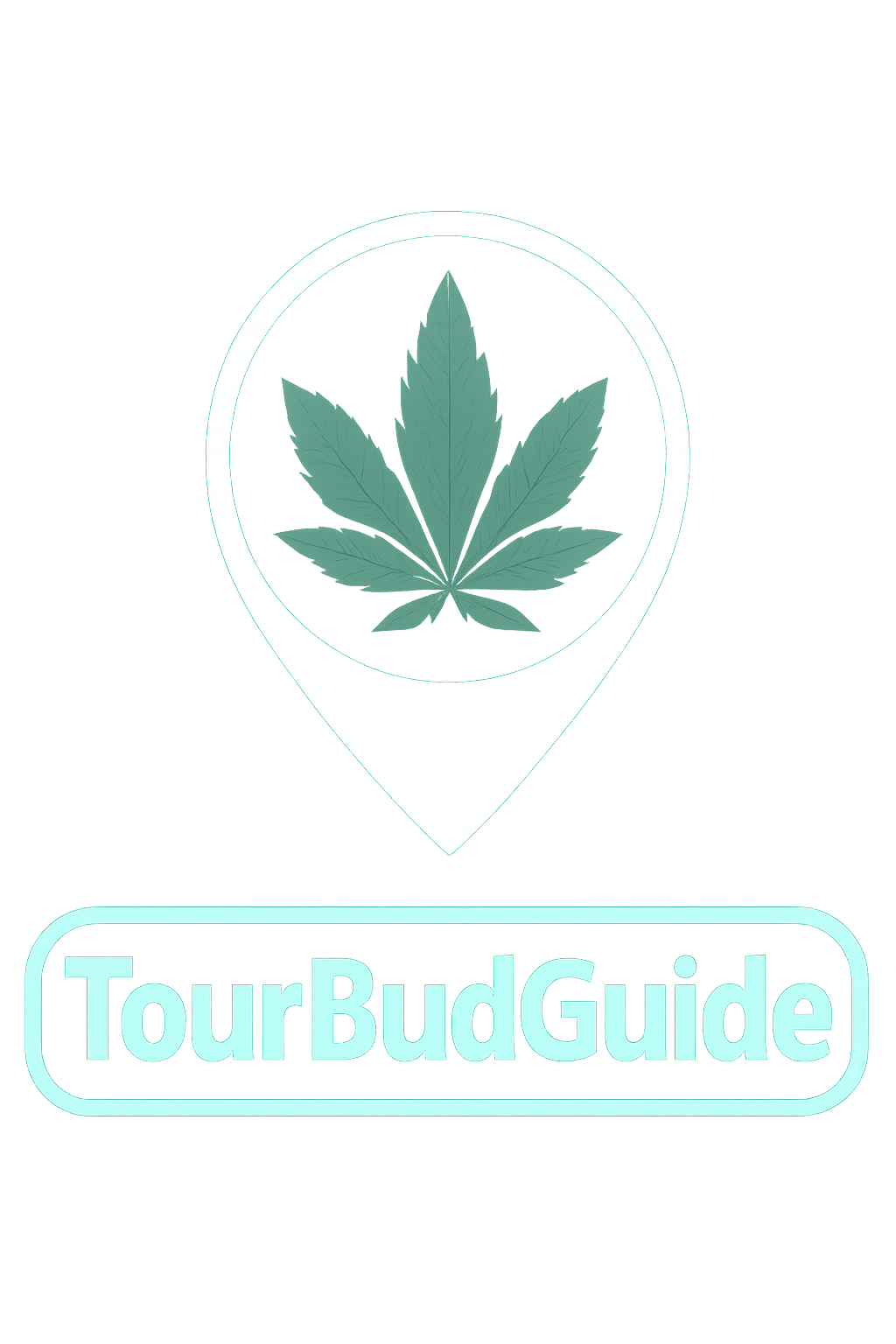Discover Weed in Coimbatore

Discover Weed in Coimbatore: Exploring Cannabis Culture in Tamil Nadu’s Industrial Hub
Coimbatore, known as the “Manchester of South India,” is a vibrant city in Tamil Nadu famous for its textile industry, educational institutions, and cultural heritage. While primarily recognized for its industrial and technological contributions, Coimbatore also has a subtle connection to cannabis, locally known as ganja or bhang.
Understanding cannabis in Coimbatore requires awareness of Indian laws, cultural practices, social norms, health risks, and legal alternatives. This article provides a comprehensive guide to responsibly discovering cannabis in Coimbatore, emphasizing legality, cultural context, and safe methods of consumption.
1. Cannabis Laws in India
Cannabis use in Coimbatore, like elsewhere in India, is regulated under the Narcotic Drugs and Psychotropic Substances (NDPS) Act, 1985. Key points include:
- Possession and sale: Possession, sale, or distribution of cannabis flowers (ganja) or resin (charas) is illegal and punishable with fines or imprisonment hoeevr Bhang exception: Cannabis leaves (bhang) may be legal in certain Indian states for religious, ceremonial, or traditional uses.
- Medical cannabis: Access is highly restricted and requires official medical authorization however Tourists: Visitors are subject to the same laws; illegal cannabis use can lead to legal consequences.
In Coimbatore, only licensed bhang consumption is legal, while recreational ganja or charas use remains strictly prohibited.
2. Law Enforcement in Coimbatore
Law enforcement in Coimbatore is vigilant regarding cannabis activities:
- Public consumption: Smoking or carrying ganja or charas in public is illegal and punishable however Police surveillance: Areas such as RS Puram, Gandhipuram, Peelamedu, and Townhall are regularly monitored.
- Religious tolerance: Bhang may be legally consumed during temple festivals or ceremonial events in controlled contexts.
Visitors must understand that illegal cannabis use carries significant legal risks in Coimbatore.
3. Cultural Background of Cannabis in Coimbatore
Cannabis has a long-standing cultural and religious presence in India, and Coimbatore reflects aspects of this heritage:
- Religious use: Bhang has been historically associated with Lord Shiva and is consumed during Hindu rituals and festivals however Festivals: During Maha Shivratri, Holi, and other religious occasions, bhang may be consumed legally in ceremonial contexts.
- Ayurvedic medicine: Cannabis has historically been used in South Indian traditional medicine for pain relief, stress reduction, and appetite stimulation however Youth culture: Some students and young adults may experiment discreetly, though recreational use is illegal and socially sensitive.
Coimbatore’s cannabis culture is therefore ritualistic, culturally rooted, and legally restricted, rather than openly recreational.
4. Accessing Cannabis in Coimbatore
Accessing cannabis in Coimbatore is tightly regulated:
- Licensed bhang vendors: Legal bhang may be available during religious festivals or temple-associated outlets however Private networks: Some locals may access ganja or charas, but these avenues are illegal and carry high legal risk however Medical cannabis: Access is extremely limited and requires official prescriptions.
Visitors are strongly advised not to attempt illegal purchases, as enforcement is strict. Legal consumption is largely limited to bhang from licensed vendors or ceremonial events.
5. Types and Forms of Cannabis
Cannabis in Coimbatore comes in various forms:
- Bhang: Made from cannabis leaves, often incorporated into drinks like thandai or into sweets; legal in controlled contexts however Ganja: Cannabis flowers; illegal to possess or sell.
- Charas: Cannabis resin; strictly prohibited however Edibles: Bhang-infused sweets or beverages may be prepared for festivals or temple rituals.
For legal consumption, bhang remains the primary option.
6. Social Attitudes
Social perception of cannabis in Coimbatore depends heavily on context:
- Youth experimentation: Some students and young adults may experiment discreetly, but public use carries social and legal risks.
Coimbatore’s cannabis culture is therefore careful, context-dependent, and primarily ceremonial.
7. Risks of Cannabis in Coimbatore
Cannabis use carries several risks in Coimbatore:
- Legal: Possession or use of ganja or charas can lead to arrest, fines, or imprisonment.
- Safety: Street purchases may involve contaminated or low-quality products, or scams.
- Health: Overconsumption of bhang or unregulated cannabis can cause nausea, dizziness, anxiety, or disorientation.
- Social: Public use may attract legal attention and social stigma.
The safest approach is to consume bhang only from licensed sources or during authorized ceremonial events.
8. Legal Alternatives
For those seeking relaxation or experiences similar to cannabis, Coimbatore offers several legal alternatives:
 Herbal and Ayurvedic Options
Herbal and Ayurvedic Options
Ayurvedic preparations, herbal teas, and wellness products provide calming effects without legal risk.
 Yoga and Meditation
Yoga and Meditation
Coimbatore has yoga centers, wellness retreats, and meditation classes that offer safe stress relief and relaxation.
 Cultural Experiences
Cultural Experiences
Exploring Coimbatore’s temples, markets, cultural festivals, and heritage sites provides immersive sensory experiences akin to recreational cannabis use.
 Cafés and Tea Houses
Cafés and Tea Houses
Cafés and tea houses serve herbal beverages, spiced teas, and other drinks that provide mild relaxation legally.
9. Tips for Visitors
- Know the law: Only licensed bhang is legal; ganja and charas remain prohibited.
- Avoid street deals: Illegal purchases carry severe legal consequences.
- Respect culture: Bhang is socially acceptable only in religious or ceremonial contexts.
- Be discreet: Avoid discussing or consuming cannabis outside licensed or controlled settings.
- Explore legal alternatives: Yoga, meditation, herbal teas, and cultural events provide safe experiences.
- Consume responsibly: Even legal bhang can be potent; moderation is important.
10. The Future of Cannabis in Coimbatore
India’s approach to cannabis remains conservative but evolving:
- Medical research: Studies in Ayurveda and modern medicine explore therapeutic applications.
- Cultural integration: Bhang continues to play a role in religious ceremonies and festivals.
- Youth culture: Some experimentation exists among students and young adults, but recreational use remains socially and legally restricted.
- Policy debates: Discussions around medical cannabis legalization continue, though recreational legalization is unlikely soon.
11. Final Thoughts
Discovering weed in Coimbatore requires legal awareness, cultural sensitivity, and responsible behavior. Key takeaways:
- Legal context: Only licensed bhang is legal; ganja and charas remain prohibited.
- Culture: Cannabis is primarily ceremonial and tied to temple festivals and traditional practices.
- Access: Legal consumption is limited to licensed vendors or authorized ceremonial events.
- Experience: Safe alternatives like yoga, meditation, herbal teas, and cultural exploration provide immersive experiences.
Coimbatore is a city of industry, culture, and tradition, where cannabis exists mainly in ceremonial and regulated contexts rather than recreationally.

If you want, I can also prepare a full South India cannabis city guide, covering cities like Coimbatore, Chennai, Madurai, and Trichy, which would give a regional perspective.
Do you want me to create that guide next?

Just love this dude Tourbud. Keep up with the good work. Excellent customer service. He goes above and beyond to make sure the order is right, help and support if anything goes wrong.
It was hard to find a reliable plug but finally tourbud showed up and gained my trust. Definitely he is the way out and hands down the best.@ https://t.me/tourbud
I have tried a lot of weed strains, and the quality from TOURBUD is unbeatable. The process was seamless, and the strains arrived fresh and potent and I paid using bitcoin before delivery. guys text him on telegram for fast reply @ https://t.me/tourbud
As someone who”s always looking for natural wellness options, TOURBUD has been amazing. his weed strains helped me unwind after workouts ,and his service was top-notch, I was a bit hesitant at first, but TOURBUD made the entire purchase process easy and secure. email him tourbudguide@gmail.com
The variety of cannabis strains at tourbud is impressive I was able to find exactly what i was looking for and his customer service was very helpful, I can’t wait to try more products.
I contacted him on his telegram and due to security reasons he requested crypto payments which i did.
about 30minutes later my dope was dropped at my requested location
great guy!!!
i highly recommend email tourbudguide@gmail.com
Not sure why you are still waiting for dealers to respond you and wait for the delivery… It’s 21st century dudes . these guys usually have several strains always available in center so just couple of clicks and you get GPS coordinates and a photo where to grab your stuff immediately after crypto payment or gift card payment. If something goes wrong they have support you may chat with after payment confirmation, but usually no problems detected
Everytime I order, I get excited not only for his TOP NOTCH PRODUCTS, but his amazing customer service.
From the time I start my text, to when my weed arrives, tourbud makes every encounter fast, friendly and SO AFFORDABLE. He works with you to get what you need.
Thank you Tourbud for been so good to me everytime.